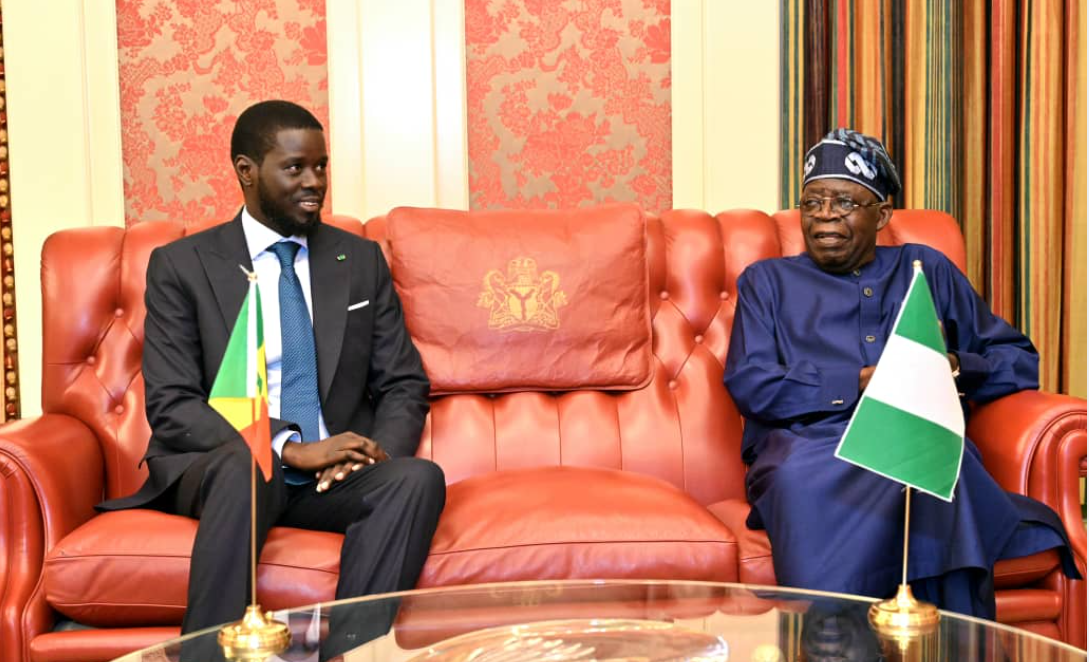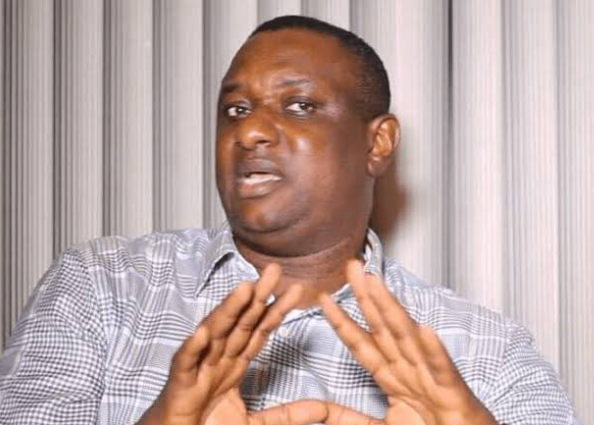By Jemimah Wellington, JKNMedia Reporter
THE FEDERAL Government of Nigeria has announced an ambitious goal of generating 10,000 megawatts through the Sustainable Power and Irrigation Project for Nigeria (SPIN) in partnership with the World Bank.
The project aims to maximize the use of existing storage facilities for both irrigation and hydropower generation, enhancing the institutional frameworks for integrated water resources management.
Minister of Power, Adebayo Adelabu, detailed this initiative during the African High-Level Roundtable on Sustainable Hydropower in the African Renewable Energy Mix of the 21st Century, held in Abuja on Wednesday.
Adelabu explained that SPIN seeks to unlock an additional 10GW capacity from existing dams, including those with provisions for hydro but not yet fitted, partially completed dams, Greenfield projects, and existing multipurpose dams that can be modified or retrofitted.
“Africa holds immense potential for hydropower development, and responsible development is key,” Adelabu stated. “We must address environmental concerns around dam construction, ecosystem disruption, and the social impacts on local communities. This requires a commitment to sustainability, stakeholder engagement, and innovative solutions for financing these large-scale projects.”
Hydropower has been a significant part of Nigeria’s energy mix for decades, currently contributing about 20% to the national grid. Major projects completed include the 760 MW Kainji, 578 MW Jebba, 600 MW Shiroro, 40 MW Mabon, and the newly inaugurated 700 MW Zungeru and 40 MW Kashimbila hydropower stations.
Despite these achievements, only 15% of Nigeria’s estimated 14 GW hydropower potential has been harnessed. With over 340 dams across the country, many are underutilized or at risk of damage. Small hydropower projects also present untapped potential, with 3.5GW technically exploitable capacity from micro, mini, and small sites, but only 1.7% currently tapped.
Aligned with Nigeria’s Energy Transition Plan, the government aims to achieve universal energy access by 2030, targeting 30 GW of electricity, with 30% from renewable sources. The plan also includes reducing greenhouse gas emissions by 20% by 2030 on its initiative, and by 45% with external assistance.
The High-level Roundtable on Sustainable Hydropower, hosted by the African Development Bank, underscored the importance of hydropower in Africa’s renewable energy strategy.
Adelabu emphasized that Africa’s vast natural resources, particularly untapped water systems, are crucial for unlocking clean, reliable, and abundant energy.
“Africa’s commitment to achieving the UN Sustainable Development Goal 7 of ensuring universal access to affordable electricity by 2030 is paramount,” Adelabu noted. “Sustainable hydropower development is a powerful pillar in our renewable energy mix, essential for closing the energy access gap and addressing climate change.” According to the International Energy Agency, over 600 million Africans, or 43% of the continent’s population, currently lack access to electricity, with Nigeria having the largest share, estimated at over 85 million by the World Bank. This underscores the critical need for initiatives like SPIN to transform the energy landscape and foster a sustainable, energy-rich future for Nigeria and the entire continent.
At JKNewsMedia, our dedication to delivering reliable news and insightful information to our cherished readers remains unwavering. Every day, we strive to provide you with top-notch content that informs and enlightens. By donating to JKNewsMedia, you directly contribute to our mission of delivering quality journalism that empowers and informs. Your support fuels our commitment to bringing you the latest updates and in-depth analysis. Let's continue to uphold the highest standards of journalism and serve our community with integrity and dedication. Thank you for being a part of the JKNewsMedia family and for your ongoing support.





